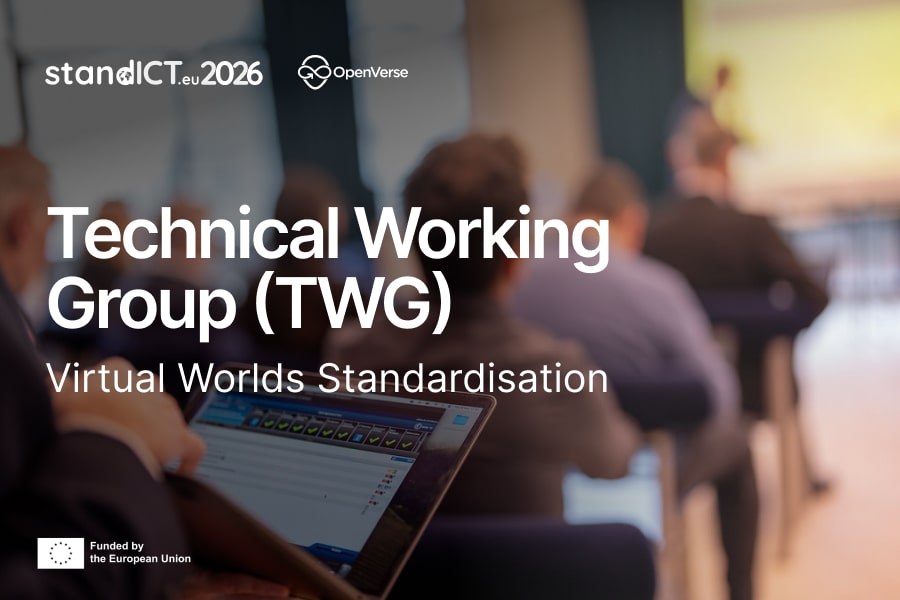Read time: 2 mins
StandICT.eu 2026 is proud to announce the release of the official Post-Event Report for the fourth edition of the Women in ICT Standardisation webinar, held in March 2025. More than just an event summary, this report offers a dynamic snapshot of the progress, challenges, and future pathways to increasing the participation of women in ICT standardisation.
Hosted by StandICT.eu in collaboration with key EU projects including HSbooster.eu, EDU4Standards.eu, SNS-ICE, INSTAR, SEEBLOCKS, and with support from Women4Cyber and WiTaR (Women in Telecommunications and Research), the webinar drew together over 80 registrants to hear from 12 highly respected woman experts from the standardisation world.
Key Takeaways from the Report
The report reveals key insights into both the current landscape and future prospects. Since the launch of StandICT.eu, 60 women have been funded to contribute to ICT standardisation across global and European SDOs, with a remarkable 39% success rate for women in Open Call 7.
The most targeted domains by women include Artificial Intelligence, Quantum Technologies, 6G, Blockchain & DLT, and Cybersecurity. Discussions addressed not only representation but also the value women bring to the table: diverse, user-focused perspectives that shape more relevant, inclusive, and ethical standards.
The report goes beyond description to outline actionable recommendations for improving gender diversity in the field. These include mentorship programmes, more inclusive outreach efforts, and integrating gender balance metrics into standardisation policy.
Why This Matters
Standardisation plays a foundational role in the technologies driving Europe’s digital future. Yet, women remain underrepresented. With initiatives like this webinar and sustained efforts through StandICT’s Fellowship Programme, Standards Academy, and EUOS Observatory, Europe is laying the groundwork for a more equitable and effective standardisation ecosystem.
Next Steps
The momentum doesn’t stop here. StandICT.eu and its partners remain committed to embedding diversity into every layer of the ICT standards lifecycle. The insights and voices shared in the report will inform future actions, shape upcoming training modules, and guide policy recommendations.





